
What Are Landlords Liable For?
We’ve talked in the past about how more states and cities have been introducing criminal penalties on landlords. Here’s how cities are outsourcing their code enforcement by holding landlords and/or property managers liable for tenant infractions. Consider an NPR story about a rental property owner, a tenant, and some very bothersome chickens. The short version? Renters get chickens. Chickens stink and cause noise violations and disruption for the neighborhood. The property owner, a woman in her eighties, consistently ordered her tenants to remove said chickens from the rental housing. They didn’t. The City of Indio took this elderly landlord to court over her tenants’ ordinance violation, where the landlord pleaded guilty and was fined $225. Sad but done, right? Nope! She then received a bill for “legal expenses” from the City of Indio (the self-proclaimed “City of Festivals”), for a whopping $5,659.02. The City of Festivals charged her for her own prosecution, and cited the fees were “reasonably incurred” to “abate the nuisance conditions.” First of all, this makes me so mad, on so many levels! So, what is a landlord responsible for? Let’s say your tenant has a pit bull in the rental. You were never notified and there was nothing in the lease contract about a permitted pet. And that pit bull attacks and bites someone. Who is liable? Is it the tenant? Or is the landlord liable? In some cities, the landlord is liable. Furthermore, depending on the insurance company regulations on restrictions on specific breeds, you got it, landlord liability.(article continues below)
Free Landlord Software
Why Landlords Are Liable for Tenants’ Legal Violations?
Three reasons:
It’s much easier to collect fines from landlords — all the city government has to do is put a lien against the property. Collecting from tenants, who can move at the drop of a dime and generally have no large assets to secure liens against, is much harder.
By sending violation notices to landlords, city governments can effectively outsource code enforcement to the property owner. Why would city officials want to chase down tenants and enforce the laws, when they can just have the landlord do it for them?
Landlords are also politically easy targets, with no union or trade organization defending their interests in city hall. There are no political consequences to holding them accountable for tenants’ violations.
We live in a society where those presumed to have deep pockets are often targeted by the bureaucrats anxious to shore up their city’s revenues. Unfortunately, being referred to as a landlord or real estate investor seems to fall under that presumption. According to Landlord Station, only 34% of real estate investors make over $75K per year. That means, folks, that two-thirds of landlords make under $75K.
Many so-called “real estate investors” are actually accidental landlords, property owners who end up with a home they have to rent out, whether they were forced to move from a home they lived in or inherited one. Or uninformed rental property investors who hop in, purchase a home without making sure they know the ropes!
Throw in the Covid-19 pandemic and eviction moratoriums and this just added salt to the wounds of property owners. Even though most eviction moratoriums have ceased, it leaves a bad taste in the mouths of residential property owners.
Related Article Read: Ways to find pre foreclosure homes.
Related Article Read: Guide to Driving For Dollars.
5 Tips to Avoid Landlord Liability
How does a landlord avoid this liability, that cities are increasingly putting on landlords? How does a real estate investor prevent being held accountable for their renters’ violations?
-
- Use a detailed lease contract: Spell out all tenant requirements and regulations in detail in the lease agreement and go one step further, have your renters initial that they understand!
- Specify tenant liability: Make sure that there is language in the lease contract that makes your renters responsible for any violations they cause, against state or local ordinances.
- Serve violation & eviction notices: Move quickly when a violation occurs! Do not prevaricate or procrastinate when it comes to responding. Include any warning notices from any authority. And inspect each rental unit quarterly. If lease agreement violations aren’t cured quickly, start eviction procedures by sending out an eviction notice immediately. Save all paperwork, logs of phone calls, emails, and texts.
- Hire an attorney: If you find yourself in uncharted territory, do not go in by yourself. Oh, but you do not want to spend the money on professional legal advice, you say? I believe our landlord from Indio; California would have preferred spending even $1,000 on attorney representation than deal with the aggravation and the ridiculous fines she ended up paying by securing a loan from her U.S.M.C.-serving son.
- Join local real estate investment clubs and networks: Go online and use social media with its vast number of groups devoted to assisting the newbie real estate investor.
(article continues below)
There will always be political establishments trying to blame the landlord and property managers such as laws in Portland, Oregon that prevent landlords from raising the rent. It is laws such as these that can make it challenging to master the maze of investing in residential property.
However, it is worth it. With preparedness, diligence, and rent automation, being a real estate investor can still pay off, regardless of how “politically expedient” it is to put all the liability on the landlord!
Beware of Landlord Liability
Granted, there are bad property managers and owners out there. Landlords who violate their lease contract, state landlord-tenant laws, or local ordinances.
But of the hundreds of thousands of lease disputes in the U.S. each year between landlords and tenants, what portion is caused by the rental property owner violating the rental agreement, versus tenants violating it?
Quite simply, most lease disputes occur because tenants violate the lease agreement, whether by failing to pay rent, failing to keep the property clean, failing to observe local ordinances, bringing in unauthorized roommates or pets, etc.
Yet the common refrain among citizens and lawmakers is to vilify landlords. And not just vilified, but criminalized, by holding landlords legally responsible even when the tenants violate local laws.
Therefore, it is crucial that the rental property owner be aware. And this is done by frequent inspections and driving by the property. And if there is a possible liability issue, you, the landlord must act quickly, keep a paper trail that you were aware of, and are working on the situation.♦
Have you even been held liable for your renters’ violations? How do you put more liability on your tenants?
Related Article Read: What Is the Due Diligence Period in Real Estate?
Related Article Read: How to transfer property from a person to an LLC.
Related Article Read: What You Need to Know About Condemned Houses in 2023?
More Landlording Reads:
I want to know more about…
About the Author

Deni Supplee is a landlord, property manager, licensed real estate agent, house hacker, and co-founder at SparkRental. She pursues financial independence so she can spend even more time with her (enormous) family. Want to reach financial independence too? Join Deni, Brian, and guest Scott Hoefler for a free masterclass on how Scott ditched his day job in under five years.


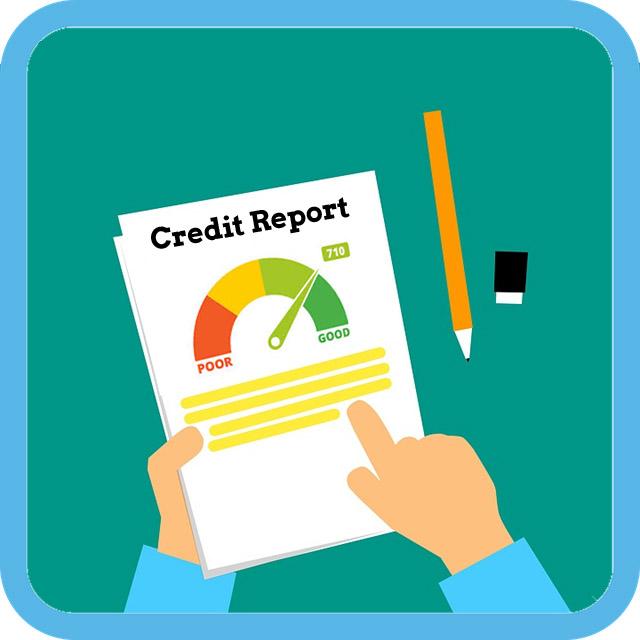
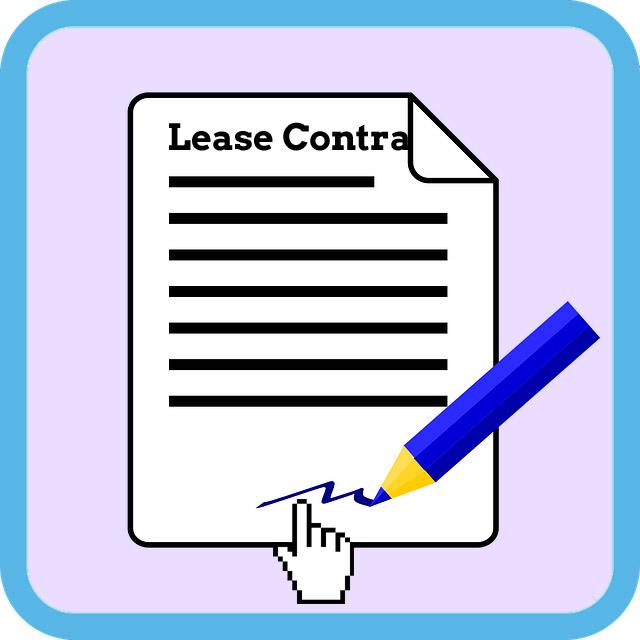
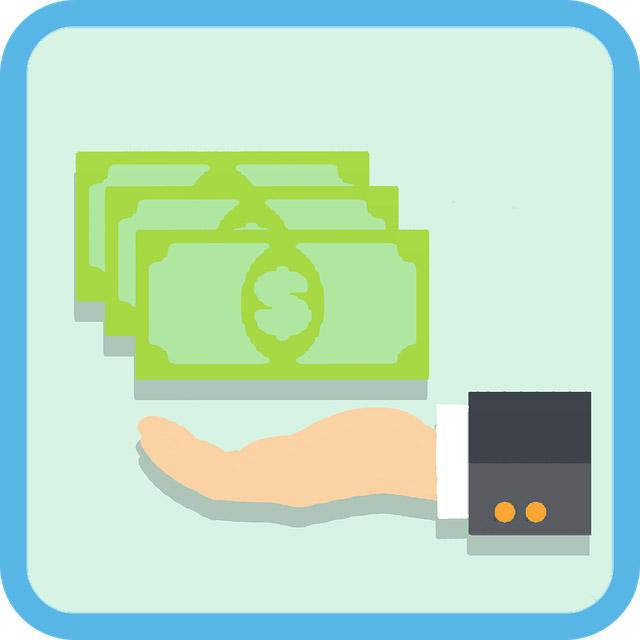
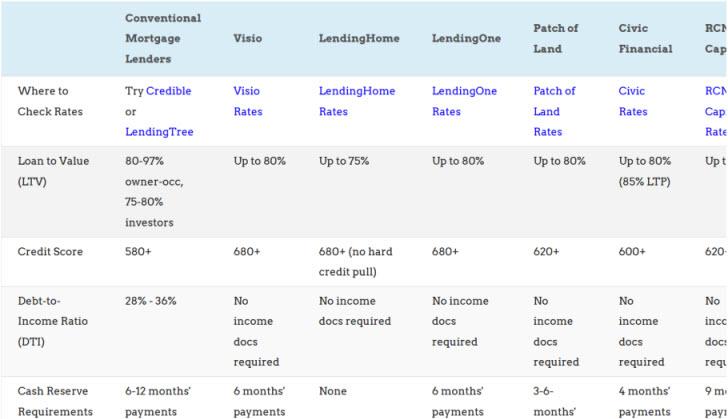


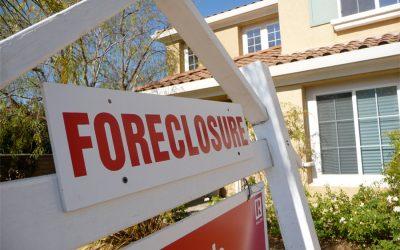






















This trend is what’s wrong with America (well, one thing, anyway). Putting the liability on landlords just because it’s “politically expedient”? It’s not the landlord’s job to enforce city ordinances. It’s the City’s job. Where’s the accountability? If a tenant breaks the law, they should be held liable, not the landlord.
End of story.
I’m with you David. I think this trend is despicable. But what I’ve noticed is that cities have been ramping up their non-tax income, so they can keep spending more and more without having to raise taxes. So fines have been going up, fees have been going up, etc. I’ve seen $500 red light camera violations. Just ugly. Everyone wants to spend-spend-spend, individuals and governments alike.
Great article Brian!
I deal with this in some of my Condos all the time. The city is relentless in their enforcement of garbage/recycling violations. They will ticket the condo association because a tenant left a recycling box outside the bin. Not on the curb, just outside the bin!
The good news is that they have gotten really good at this process and they now include a picture of the offenders address. I simply send the photo and the ticket to the owner who then has to deal with it themselves.
I include a provision in my own lease that stipulates the tenant is responsible for any condo or city fines if they violate a rule/law.
Thanks AR! Although I can’t claim credit, this one was by Denise 🙂
I’ve been seeing more and more of this myself, with the City not even bothering to try collecting from the tenant, they just come after the landlord. It’s so much easier for them to collect from landlords, so they just outsource their enforcement to the landlord. Really bothers me, makes my life that much harder as a landlord to have to do the City’s job for them.
Denise, thanks! This is a scary subject that not enough landlords take seriously. Glad someone is paying attention!
I know Willa, right? I myself can bury my head in the sand so as not to face some of the tough stuff. But better to be aware! Thanks for your feedback, much appreciated!
Been learning a lot on here. Appreciate all the free content and videos!
So glad to hear this Audry! Brian and I aim to educate! It is nice to hear the feedback
Tragedy, accident, and other negative materials in the news and social media about landlording always gives me a fright. This gives me hope that there is still ways to keep us away from being on the bad light. Thank you for that!
Agreed Ian!
Great power comes with great liabilities. It sounds familiar… Anyway, we have to abide to authorities. Otherwise, we get fines. Let’s be more resposible and lessen the negativity.
Haha, and here I’ve been getting that quote wrong all these years…